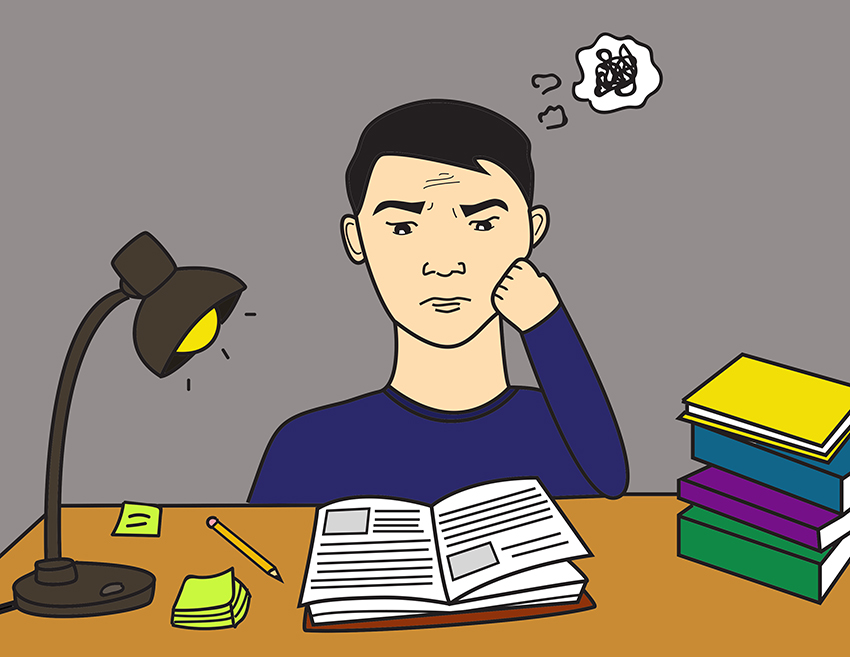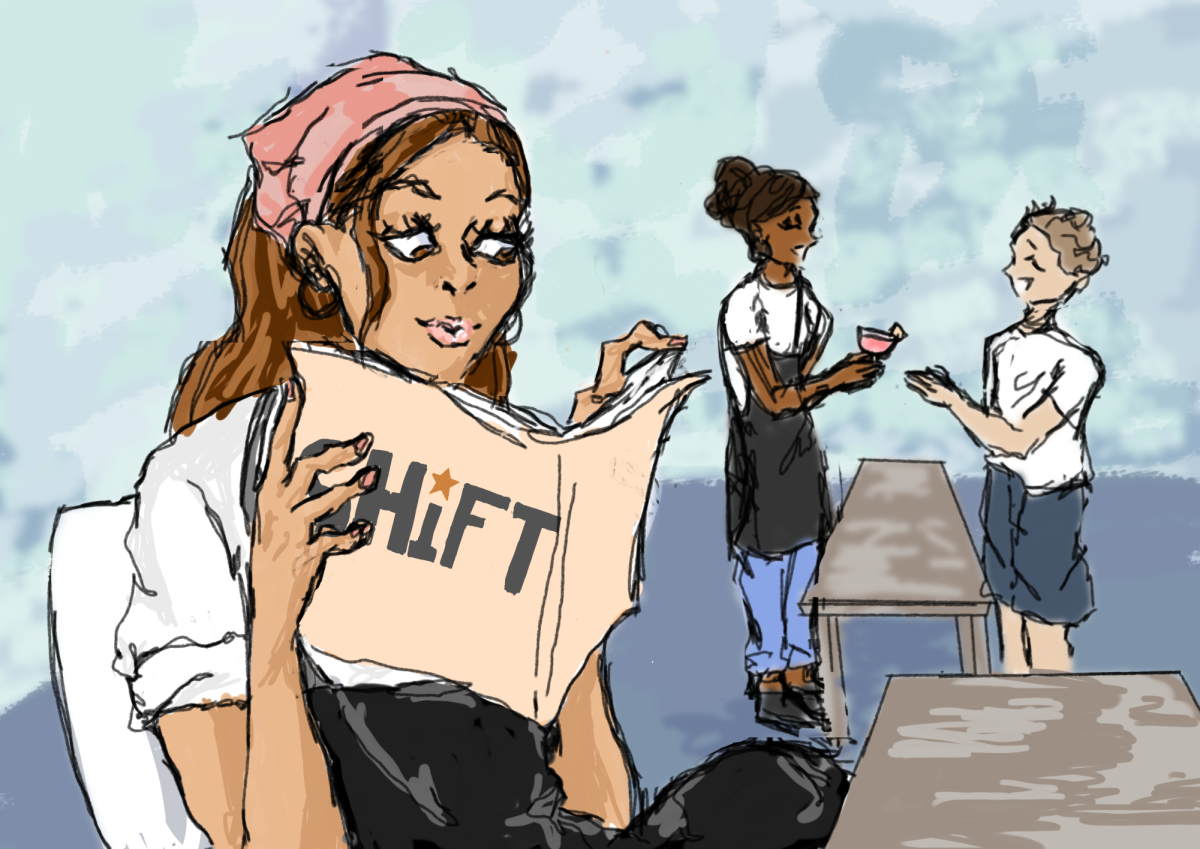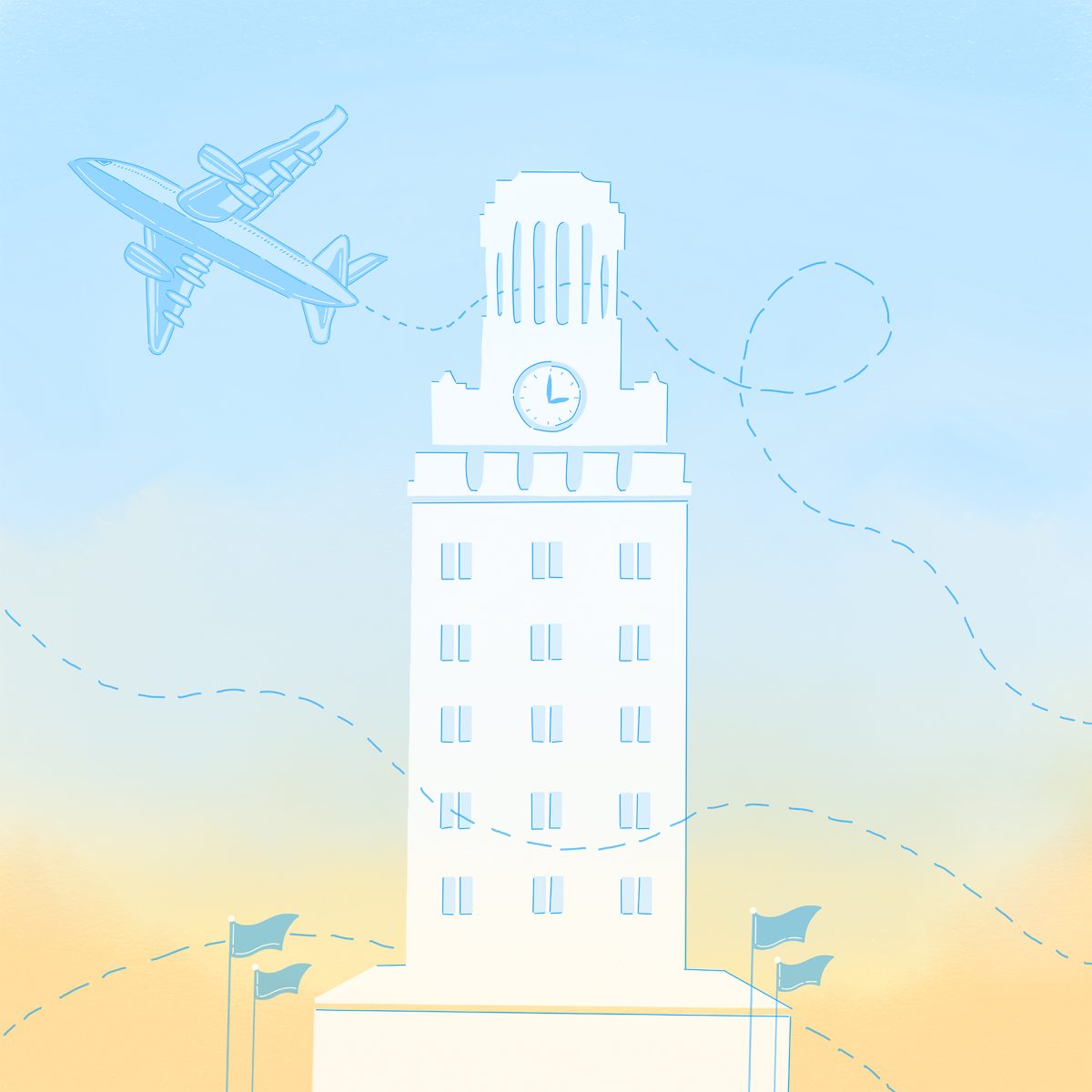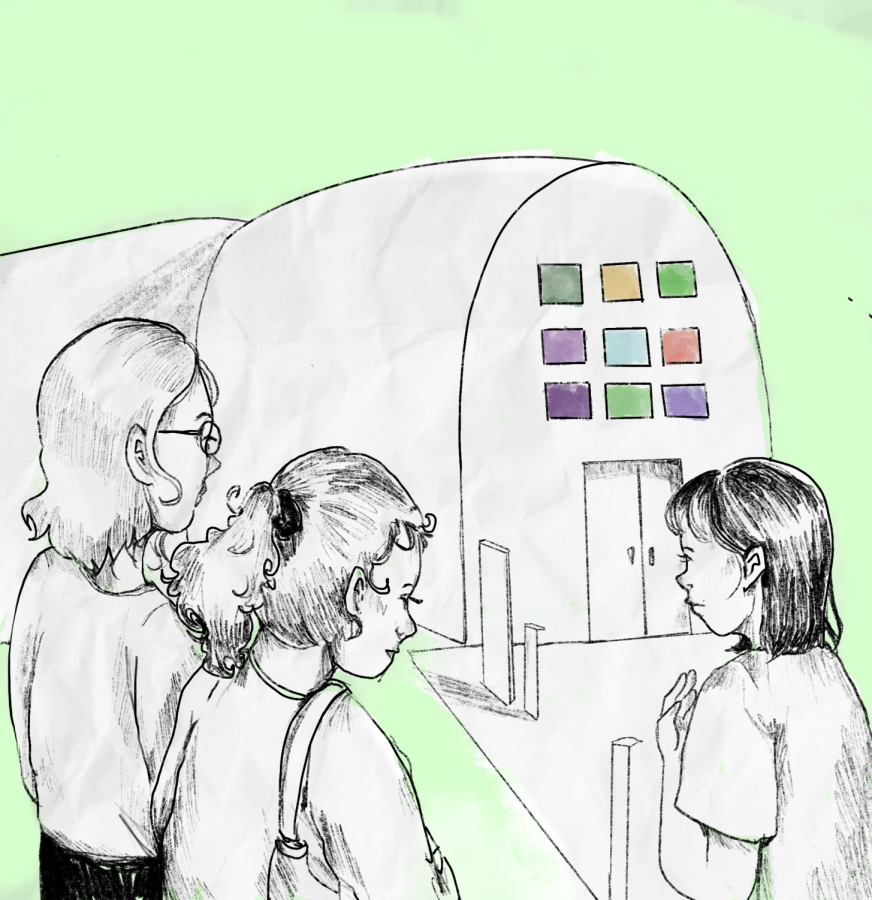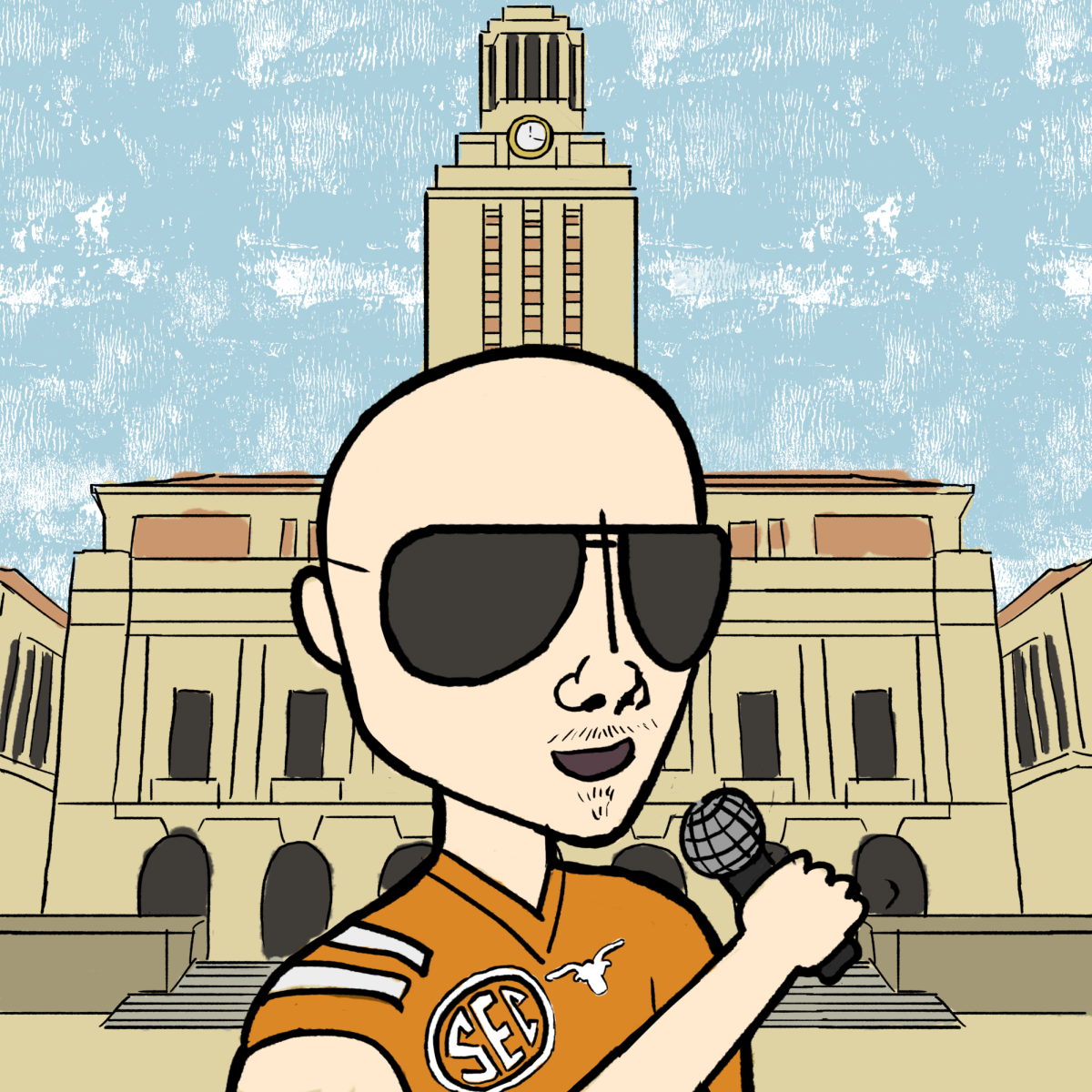Nistha Kapuria, a marketing and Plan II senior, averages about three hours of sleep during midterm season. She says everyone seems to feel the same whenever she surveys the Union or the Perry Castaneda Library.
Research, however, shows students who sacrifice sleep to study perform worse overall than those who don’t.
According to a 2013 study by UCLA researchers, whether it’s sleeping three hours and rising early for a cram session or pulling an all-nighter to finish a lab report, sleep deprivation hurts student performance the following day and damages academic performance in the long-term.
“Our results suggest that the best studying strategy for adolescents who must juggle the demands of high school is to study consistently on school days,” the study said.
Courtney Sviatko, learning specialist at the Sanger Learning Center, said she offers the same advice to her students: Distribute work on a daily basis rather than do so last minute.
“Research, for the most part, is saying that within 24 hours you lose 40 percent of the information you learn in lecture if you don’t do any kind of regular reviewing or reorganizing,” Sviatko said. “If you pull an all-nighter, it’s basically showing up to take the test drunk.”
Although she has avoided all-nighters so far, biochemistry junior Danying Huang said she wishes she could sleep more than her average five to six hours. Huang also said listening to music makes studying less boring — even if it can be distracting at times.
“Doing physics is so boring sometimes,” Huang said. “(But) sometimes I get lost on YouTube searching for a song.”
Sviatko cautions against this behavior, describing it as multitasking. She said many students believe the myth that they can be productive while switching in between tasks.
“When you’re multitasking, if you’re trying to do two things at the same time, what’s happening is your brain is toggling back and forth between two tasks,” Sviatko said. “The result is that it’s going to take longer than it would to do each one of those separately, and your performance on both of those are going to be decreased.”
It also turns out multitasking in the classroom is counterproductive for students. In 2015, researchers from the University of Connecticut surveyed 361 students in a university course and found students who multitasked during class suffered GPA decreases.
“Our data shows that (college students) are paying a price for this behavior now in at least two ways,” the study said. “First, multitasking during class is associated with lower grades; and second, students need to spend more time studying if they are multitasking, and even this increased time does not seem to make up for what was missed in class.”
For tumultuous test weeks, Sviatko said an analogy she offers her students is to prepare for tests the same way track athletes prepare for a race.
“Would it make sense to do nothing for three weeks, and then say everyday for the week right before the race, I’m going to run as long as far as fast as I can?” Sviatko said. “No, but that’s often what students do when they’re studying.”



